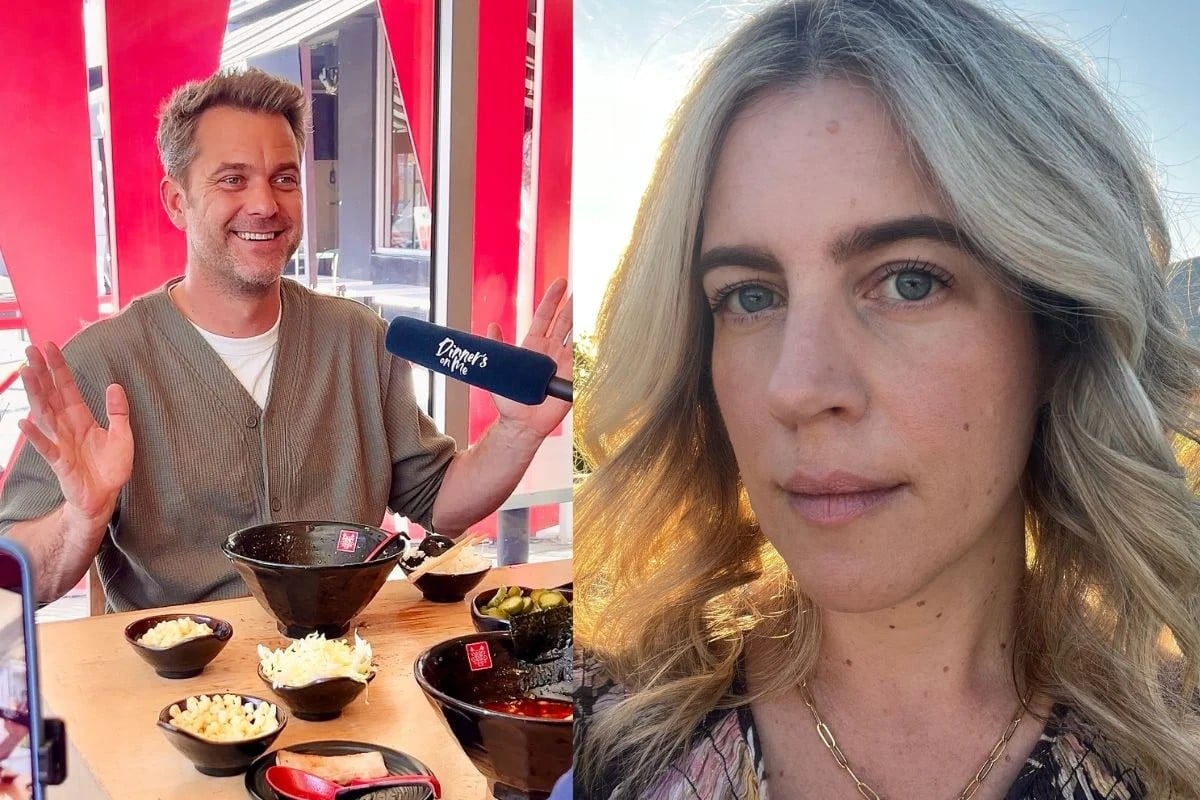
Joshua Jackson, forever our Pacey from Dawson's Creek and now the star of Doctor Odyssey, recently appeared on Jesse Tyler Ferguson's podcast Dinner's On Me to discuss co-parenting his daughter Juno with ex-wife Jodie Turner-Smith.
When a man in the public eye speaks candidly about fatherhood and co-parenting after divorce, you'd think we'd celebrate this vulnerability. But as I scrolled through the reactions, it was quite the opposite.
They share 50-50 custody of their five-year-old. I am also a co-parent, with 50-50 custody of children. His comments were thoughtful, vulnerable, and deeply personal — yet have somehow managed to stir controversy.
Watch: Dr Golly on how parenting changes the brain. Post continues below.
What Joshua Jackson said about co-parenting.
Jackson reflected on his experience of growing up without a present father and how that shaped his determination to be different.
"It's my job, shared with my ex-wife, to do everything we can to nurture you, cultivate you, and give you all the tools you need in life. But man, it is not lost on me that I am getting an opportunity to experience a father's love in a way that I never experienced it," he said.




























































































